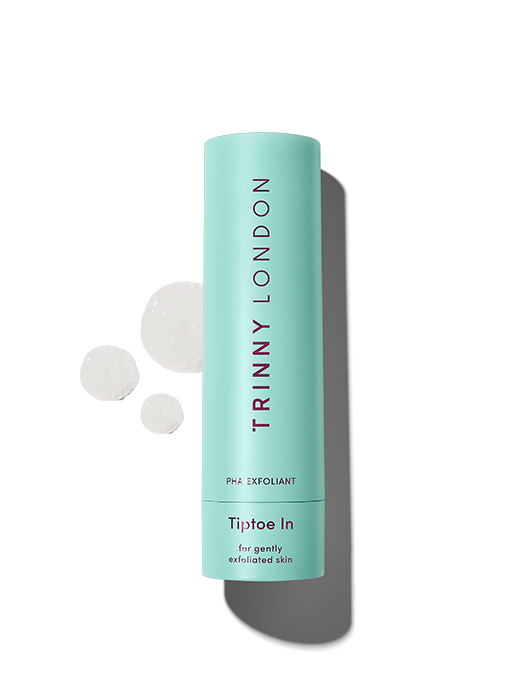
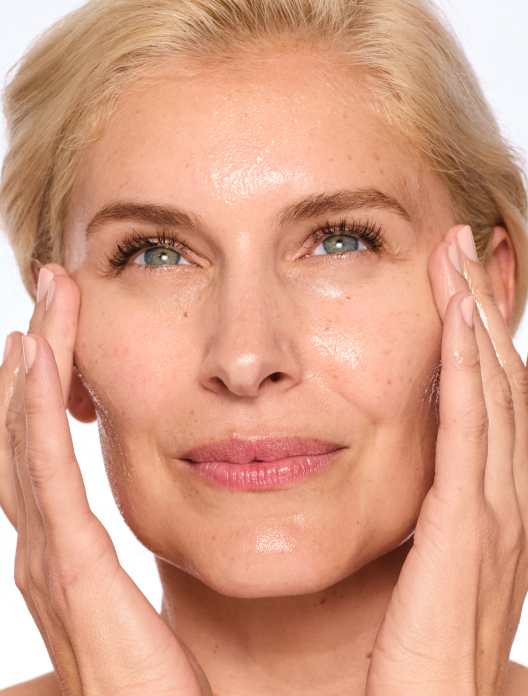
Tiptoe In
Kind-to-skin exfoliant for radiant skin, suitable for all skin types

Exfoliation is the process of buffing away dead skin cells from the surface to reveal the younger, fresher skin beneath. How often you should exfoliate your skin is dependent on a few key factors:
Confusingly for skincare novices, there are different types of exfoliation. Which one you choose is down to personal preference, with pros and cons for each.
Enzyme exfoliation: The gentlest form, where enzymes nibble away at the bonds that hold dead skin cells to the surface. As it’s so mild, you may be able to exfoliate with enzymes most days, or multiple times in one day.
Physical exfoliation: Physical scrubs with granular particles, which, when rubbed onto the skin, detach dead skin cells. They’re most commonly formulated with ingredients like sugar, walnut shells and coffee grounds, but not all are smooth and some can cause tiny scratches on the skin. Muslin cloths and flannels also count as a milder form of physical exfoliation.
Liquid exfoliation: Liquid exfoliation does the same job as enzymes, dissolving the bonds the enzymes nibble away at, just at a much faster pace. There are three different types of chemical exfoliant widely used in the skincare market: poly-hydroxy, beta-hydroxy and alpha-hydroxy, with varying strengths and benefits.
There are considered to be four key skin types: normal, dry, oily and combination. Oily and normal skin types are normally more tolerant to both stronger liquid exfoliants and regular use of physical exfoliants. If your skin is dry or combination, you might think that exfoliation is not for you. However, whisking away those rough dead skin cells should make your skin feel smoother and more comfortable. Just start slow, with gentler acids like poly-hydroxy acids and less regular physical exfoliation.
The older you get, the slower cell turnover becomes, meaning your complexion might rely more heavily on the helping hand of exfoliation to keep it at its brightest and best. The caveat here is that skin becomes naturally thinner as we age, as stocks of skin-supporting lipids and collagen deplete. Without these in place, even skin that was previously hardy can become more sensitive to exfoliation.
How often you should exfoliate is ultimately down to personal preference. Everyone’s skin is different, and everyone has different tolerance levels. Think of it like shoes. Some people can easily spend all evening in a pair of towering stilettos, while some may struggle getting from car to restaurant in a kitten heel.
As a general average, you should be exfoliating around three times a week. Generally enzyme exfoliants are gentle enough to be used everyday by most skin types, while physical scrubs should be used less frequently, not more than once or twice a week. Liquid exfoliants with alpha and beta-hydroxy acids can be used as often as once a day on tolerant complexions, as long as you build up the usage slowly. Their larger molecule sized relations, poly-hydroxy acids are gentle enough to be applied as often as twice a day.
Ultimately, it’s about getting to know your skin and understanding its needs. Factors such as hormones and the weather can also have an impact, so you may find that your skin needs more or less exfoliation at different times. Also bear in mind that ingredients like retinoids speed up cell turnover, so using them in conjunction with exfoliants may cause irritation in some complexions.
If you’re not exfoliating enough, you may find that your skin appears dull and lifeless, with built-up dead skin cells robbing your complexion of radiance. On the other end of the spectrum, over-exfoliating can leave skin red and uncomfortable. It disrupts the skin’s barrier, leaving it more exposed to pollution and other stressors, which can in turn lead to dehydrated skin and breakouts.
If you think you’ve gone too far, strip your skincare routine back to the basics of cleanser, moisturiser and SPF. Consider this the cooling-off period, and only reintroduce exfoliation once your skin has calmed down.
Shop the article


Kind-to-skin exfoliant for radiant skin, suitable for all skin types
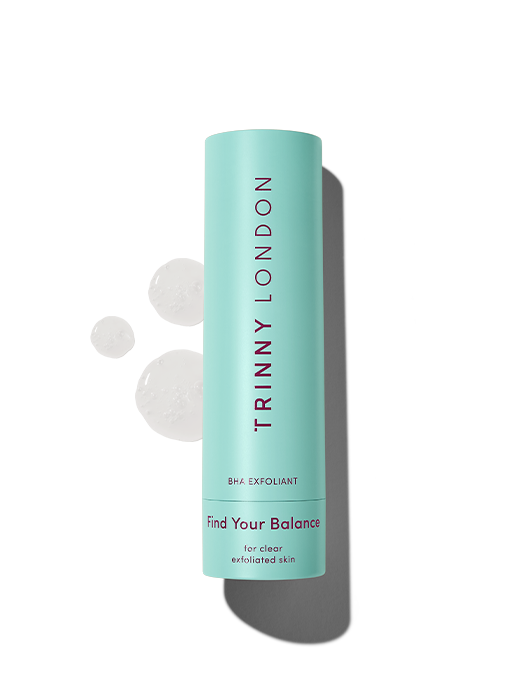
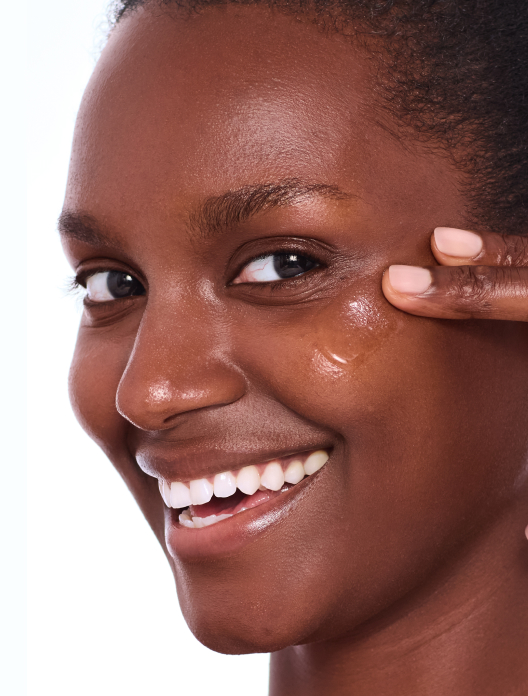
Clarifying complex to tackle blemishes
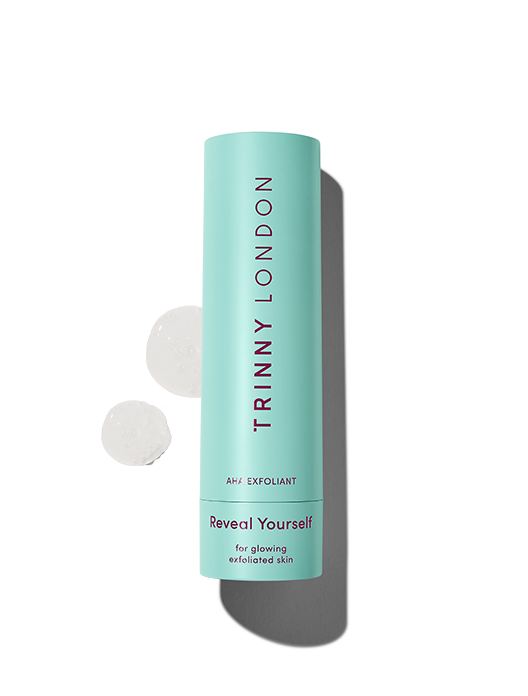
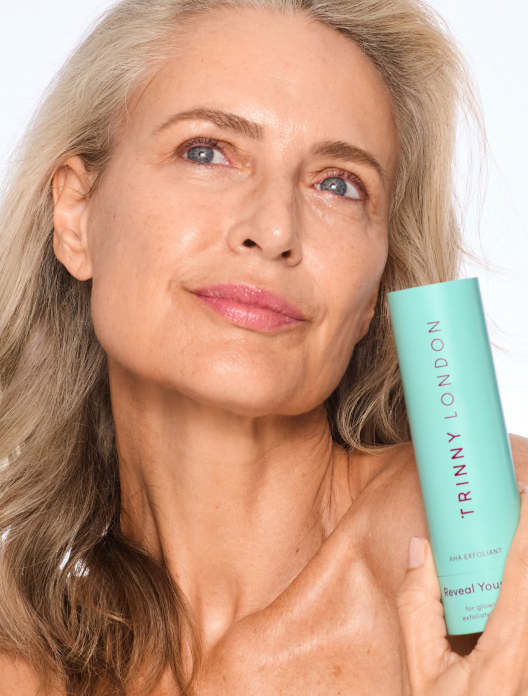
Highly active exfoliant for glowing skin, suitable for all skin types except sensitive